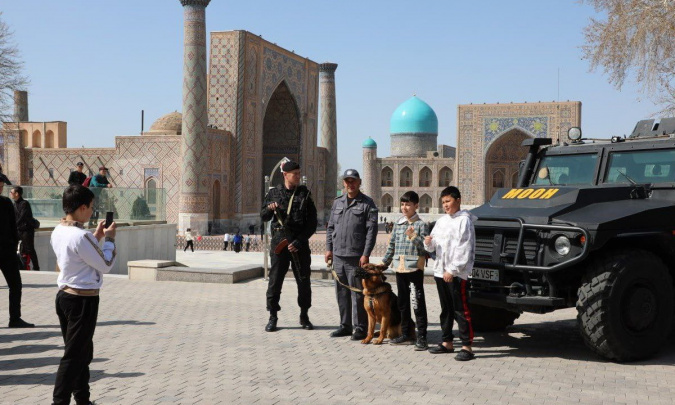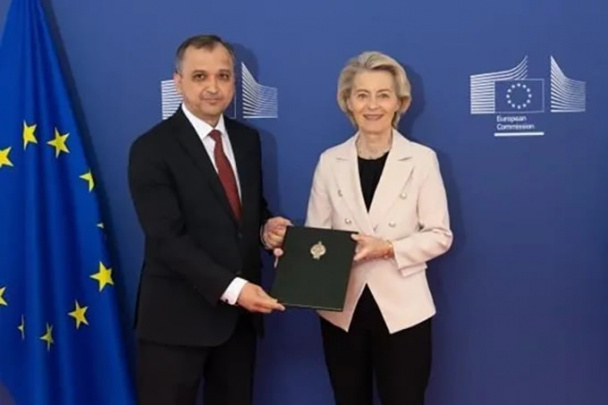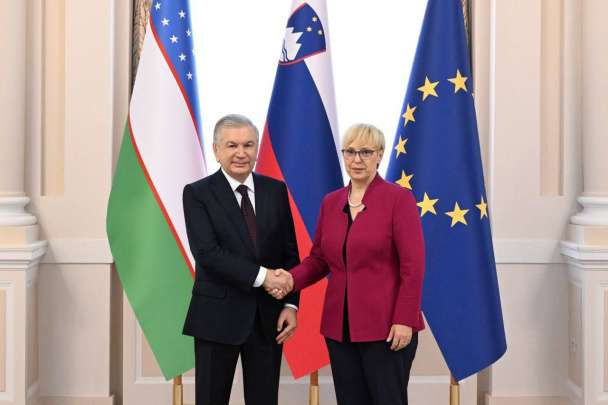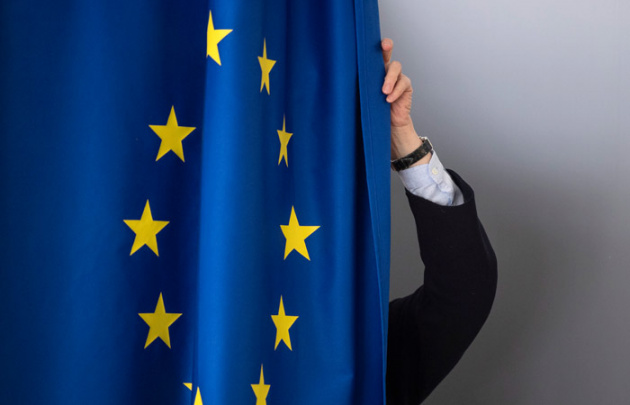Ukraine, Afghanistan, energy, transport corridors, and raw materials – What issues considered in Samarkand summit
On April 4, two major international events were held in Samarkand with the participation of Central Asian leaders and European Union officials. At the Central Asia-EU summit, speakers addressed a wide range of issues, including the war in Ukraine, the situation in Afghanistan, energy cooperation, security, transport corridors, and raw materials exports. A Kun.uz journalist reporting from the scene summarized the main developments and remarks.

The most frequently discussed topics by leaders in Samarkand were Ukraine, Afghanistan, humanitarian aid to the Afghan people, energy, nuclear power plants, clean and green energy, and transport corridors. The presidents of Uzbekistan and Kazakhstan welcomed the launch of peace talks aimed at ending the war in Ukraine. Most regional leaders touched on the Afghan issue, though their perspectives varied.
A call for peace and cooperation
The Central Asia-EU summit began with a high-level welcome ceremony. Uzbekistan’s President Shavkat Mirziyoyev moderated and opened the event. In his address on global peace, he emphasized that such challenges cannot be resolved without international cooperation. “We welcome and fully support the start of negotiations to resolve the situation around Ukraine peacefully,” he said.
European Commission President Ursula von der Leyen stated that the EU’s relationship with Central Asia focuses on four key areas: transport corridors, clean energy, digital connectivity, and critical raw materials.
“We support the construction of wind power stations in Kazakhstan and solar energy facilities in Uzbekistan and Turkmenistan. Dear Presidents, in the four areas I mentioned, we can be strong partners. Trust in Europe,” said Ursula von der Leyen, President of the European Commission.
Expanding trade and energy security
Kazakhstan expressed its intent to increase exports to Europe. President Kassym-Jomart Tokayev noted that Kazakhstan already exports 175 types of products worth $2 billion to the EU and aims to expand this further with competitive, high-quality goods.
“Kazakhstan remains one of the main exporters of hydrocarbons to Europe. Enhancing transcontinental connectivity is our top priority. In recent years, our activity along the Trans-Caspian corridor has significantly increased, with cargo volumes up by 62%, reaching 4.5 million tons,” Kassym-Jomart Tokayev, President of Kazakhstan, noted.
Tokayev also emphasized Kazakhstan’s plans to build a nuclear power plant under its national strategy to ensure energy and economic security. He proposed launching a dedicated Erasmus+ program for Central Asia.
Regional integration and energy cooperation
Kyrgyz President Sadyr Japarov began his speech by highlighting the historic border agreement signed on March 31 between Uzbekistan, Kyrgyzstan, and Tajikistan. “This trilateral document is a major step toward regional stability and security,” he said.
Japarov also discussed major initiatives in energy, tourism, and agriculture. Kyrgyzstan, he noted, has a large hydropower potential, capable of producing up to 142 billion kilowatt-hours of electricity annually. The country is interested in collaborating with the EU on renewable energy and energy-efficient technologies.
“In recent years, we’ve built 18 small hydroelectric stations, and plan to build 15 more in the near future,” Sadyr Japarov, President of Kyrgyzstan, said.
He also emphasized the strategic importance of the China–Kyrgyzstan–Uzbekistan railway, which would significantly reduce transit distances. “We welcome the EU’s transport connectivity initiative and its €10 billion commitment to the project,” he said.
Tajikistan: Focus on hydropower and green transition
Tajik President Emomali Rahmon focused primarily on energy development, highlighting the critical role of hydropower and renewable energy in the country's future.
“We value the EU’s support for infrastructure to transmit electricity to South Asia, especially the CASA-1000 project. By 2037, Tajikistan aims to become a 100% green state. By 2032, we plan to fully meet our electricity needs from renewable sources,” said Emomali Rahmon, President of Tajikistan.
As a landlocked country where 93% of the territory is mountainous, Rahmon stressed the importance of developing transport corridors. He dedicated the final part of his speech to Afghanistan, expressing concern over potential regional spillovers of instability.
“Security and stability in Central Asia are directly linked to the situation in Afghanistan. Its economy is unstable, and people are living in dire humanitarian conditions. The suppression of women’s rights and freedoms threatens their future,” Emomali Rahmon stressed.
Turkmenistan: Neutral but open to cooperation
President Serdar Berdimuhamedov of Turkmenistan spoke last. He reiterated Ashgabat’s neutral stance, stating that the country remains open to cooperation with all partners.
“Turkmenistan is ready to act based on its neutral status. On March 21, the UN adopted a resolution recognizing Turkmenistan’s permanent neutrality. We propose jointly addressing new threats, such as cyber and information attacks and biological safety,” emphasized Serdar Berdimuhamedov, President of Turkmenistan.
He also emphasized the importance of assisting Afghanistan in rebuilding state institutions, the economy, and society. Berdimuhamedov suggested delivering raw materials and oil and gas products to Europe and proposed launching a dialogue on renewable energy. He reaffirmed Turkmenistan’s readiness to increase electricity production and export to Europe.
“Central Asia has a lot to offer Europe. Trade and economic cooperation must now be seriously evaluated in terms of effectiveness,” said Serdar Berdimuhamedov.
During the summit, Odile Renaud-Basso, President of the European Bank for Reconstruction and Development, also delivered remarks.
Following a short break, the Samarkand Climate Forum began. Nearly all participants acknowledged the climate crisis as a pressing and undeniable challenge.
Related News

13:46 / 28.05.2025
Global Peace Index: Uzbekistan ranked 60th for safety and stability

17:20 / 27.05.2025
Uzbekistan’s ambassador presents credentials to European Commission President

18:40 / 22.05.2025
Uzbekistan eyes EU market access through Slovenia’s Port of Koper

12:04 / 22.05.2025



